Working in confined spaces can be perilous. The limited room for movement and potential hazards make it crucial for certain professions to prioritize safety training. Imagine navigating a tight space filled with unseen dangers, where every misstep could lead to serious consequences. For many workers, this is not just a hypothetical scenario; it’s an everyday reality. Understanding the risks involved can mean the difference between life and death—or a successful job and disaster. Let’s explore which professions should consider adopting confined space training as a fundamental part of their safety protocols.
Construction Workers
Construction sites are often bustling with activity, but they can also harbor hidden risks. Many tasks require workers to enter confined spaces like trenches, manholes, or even attics. These environments present unique challenges that could lead to improper management of accidents. To tackle this issue, confined space training sydney helps construction workers recognize potential hazards such as oxygen deficiency and toxic gases. Knowing how to use safety equipment is vital in these situations. Moreover, understanding ventilation techniques can significantly improve air quality, ensuring safer working conditions for everyone involved.
Manufacturing and Maintenance Personnel
Manufacturing and maintenance personnel often find themselves working in environments filled with hazards. Confined spaces, such as tanks, silos, and ducts, are common in these settings. Without proper training, the risks can be significant. These workers frequently deal with machinery that requires regular upkeep. This might involve entering tight areas where safety protocols are crucial. A lack of awareness about confined space procedures can lead to serious accidents. Understanding ventilation systems is essential for safety.
Oil and Gas Workers

Oil and gas workers operate in environments that often involve confined spaces. These areas can include tanks, vessels, or pipelines with prevalent hazards like toxic gases and low oxygen levels. Training is essential for these professionals. It equips them with the skills needed to recognize potential risks before entering a confined space. Understanding ventilation, monitoring equipment, and emergency procedures can save lives. Moreover, oil and gas operations frequently require maintenance in remote locations. Workers may need to access hard-to-reach sites quickly and safely.
Waste Management Technicians
Waste management technicians play a crucial role in maintaining public health and safety. They often work in confined spaces, such as sewer systems or waste processing facilities. These environments can pose significant risks due to hazardous materials and limited ventilation. Proper training equips technicians with the skills to navigate these challenges effectively. Understanding how to use protective gear is essential. It safeguards their health and enhances their ability to perform tasks safely and efficiently. Moreover, confined space training includes recognizing potential hazards like toxic gases or low oxygen levels.
Emergency Responders
Emergency responders face unpredictable environments daily. They often enter confined spaces during rescue missions or disaster response situations. These areas can include collapsed buildings, underground tunnels, and even storage tanks. Training is essential for these professionals to understand the risks involved. Proper techniques in navigating tight spots can save lives—not only their own but also those of individuals they aim to help. Knowledge about air quality monitoring and ventilation systems significantly enhances safety protocols. It equips responders with skills to assess hazards before entering a space.
Understanding the risks associated with confined spaces is crucial for many professions. Workers in construction, manufacturing, oil and gas, waste management, and …




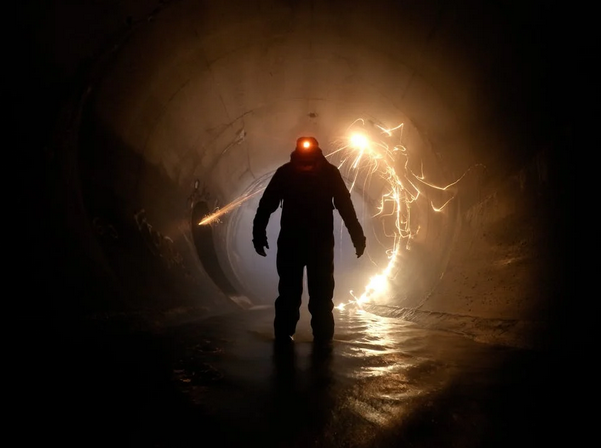




 The first advantage of having many TikTok likes is that you get more exposure for your brand. When users see that you have a lot of likes on your posts, they are more likely to click and learn more about you. This increases the visibility of your posts and makes them stand out in an increasingly crowded social media landscape. Many people think getting more likes is a way to get famous on TikTok, but it’s actually about getting more exposure for your content and brand.
The first advantage of having many TikTok likes is that you get more exposure for your brand. When users see that you have a lot of likes on your posts, they are more likely to click and learn more about you. This increases the visibility of your posts and makes them stand out in an increasingly crowded social media landscape. Many people think getting more likes is a way to get famous on TikTok, but it’s actually about getting more exposure for your content and brand.
 One reason belly fat is so hard to lose is that it is active fat. Active fat cells produce hormones and other substances leading to inflammation, insulin resistance, and other health problems. In addition, active fat cells can make it harder for your body to burn calories effectively. To lose belly fat, you need to create a calorie deficit by burning more calories than you consume. But if you have active fat cells, you may find yourself stuck in a weight loss plateau.
One reason belly fat is so hard to lose is that it is active fat. Active fat cells produce hormones and other substances leading to inflammation, insulin resistance, and other health problems. In addition, active fat cells can make it harder for your body to burn calories effectively. To lose belly fat, you need to create a calorie deficit by burning more calories than you consume. But if you have active fat cells, you may find yourself stuck in a weight loss plateau.
 Stress is another factor that can contribute to belly fat. When you are stressed, your body releases a hormone called cortisol. Cortisol can lead to an increase in appetite and cravings for high-calorie foods. In addition, cortisol can cause your body to store more fat in the abdominal area.
Stress is another factor that can contribute to belly fat. When you are stressed, your body releases a hormone called cortisol. Cortisol can lead to an increase in appetite and cravings for high-calorie foods. In addition, cortisol can cause your body to store more fat in the abdominal area.
 You’ll need to decide if you want male or female
You’ll need to decide if you want male or female 
 The first step to a successful retirement is making sure you’re ready for it. Retirement can be a significant change, and it’s essential to make sure you’re mentally and emotionally prepared for it. If you’re not quite there yet, that’s ok. You can always start planning and saving for retirement now to be ready when the time comes. Knowing the right time to retire is a personal decision, so don’t feel like you have to retire because your friends or family members have.
The first step to a successful retirement is making sure you’re ready for it. Retirement can be a significant change, and it’s essential to make sure you’re mentally and emotionally prepared for it. If you’re not quite there yet, that’s ok. You can always start planning and saving for retirement now to be ready when the time comes. Knowing the right time to retire is a personal decision, so don’t feel like you have to retire because your friends or family members have. One of the biggest fears people have about retirement is losing their work ethic and becoming lazy. It definitely doesn’t have to be the case, but it’s essential to keep up the good work until your retirement. Don’t slack off in the last few months or years of your career. Continue doing your best and putting in 110%. It will help you make a smooth transition into retirement.
One of the biggest fears people have about retirement is losing their work ethic and becoming lazy. It definitely doesn’t have to be the case, but it’s essential to keep up the good work until your retirement. Don’t slack off in the last few months or years of your career. Continue doing your best and putting in 110%. It will help you make a smooth transition into retirement.
 One of the best ways to save money when shopping clothes is to compare prices. With so many different stores and websites selling products these days, it’s easy to find the same item for a lower price if you take the time to look around. When comparing shopping, be sure to consider things like shipping costs and any potential coupons or discounts that could apply.
One of the best ways to save money when shopping clothes is to compare prices. With so many different stores and websites selling products these days, it’s easy to find the same item for a lower price if you take the time to look around. When comparing shopping, be sure to consider things like shipping costs and any potential coupons or discounts that could apply. Coupons can be a great way to save money when shopping for clothes, but only if you use them correctly. Many people mistake using coupons for items they would never normally buy, just because it’s a good deal. This is a waste of money and will only cost you more in the long run. Instead, only use coupons for items that you would actually purchase anyway.
Coupons can be a great way to save money when shopping for clothes, but only if you use them correctly. Many people mistake using coupons for items they would never normally buy, just because it’s a good deal. This is a waste of money and will only cost you more in the long run. Instead, only use coupons for items that you would actually purchase anyway.
 If your first time wants to invest in legal steroids, the chances are that you do not have a lot of information about the entire process. Therefore, you may end up buying products that may not work for you. However, if you take the steps of consulting with experts in the field, there is no doubt that they will provide you with the information that will enable you to buy the right products. Additionally, you need to understand that it is never a good idea to purchase steroids without a doctor’s output. A good doctor should examine your situation and advise you on the best course of action. Further, the doctor may advise you on the best steroids for your needs.
If your first time wants to invest in legal steroids, the chances are that you do not have a lot of information about the entire process. Therefore, you may end up buying products that may not work for you. However, if you take the steps of consulting with experts in the field, there is no doubt that they will provide you with the information that will enable you to buy the right products. Additionally, you need to understand that it is never a good idea to purchase steroids without a doctor’s output. A good doctor should examine your situation and advise you on the best course of action. Further, the doctor may advise you on the best steroids for your needs. Lastly, before purchasing top legal steroids for your use, it would be a good idea to check recommendations. Some people have tried different types of steroids, and they have accurate information about the efficiency of each of them. You can use the testimonials to ensure that you purchase valuable products. However, it is not prudent to rely on the recommendation that comes from a single source.…
Lastly, before purchasing top legal steroids for your use, it would be a good idea to check recommendations. Some people have tried different types of steroids, and they have accurate information about the efficiency of each of them. You can use the testimonials to ensure that you purchase valuable products. However, it is not prudent to rely on the recommendation that comes from a single source.…
 When buying CBD products for the first time, you will notice that there are various types and brands of these products in the market. Without ideal tips, it can be challenging to make the recommended choice. That is why one of the first things you need to consider is the hemp source.
When buying CBD products for the first time, you will notice that there are various types and brands of these products in the market. Without ideal tips, it can be challenging to make the recommended choice. That is why one of the first things you need to consider is the hemp source. Another aspect you need to consider is customer reviews. It has been discovered that customer feedback provides a lot of information concerning a product’s effectiveness and quality. Therefore, going through customer reviews will guide you to make the perfect purchasing decision.
Another aspect you need to consider is customer reviews. It has been discovered that customer feedback provides a lot of information concerning a product’s effectiveness and quality. Therefore, going through customer reviews will guide you to make the perfect purchasing decision.





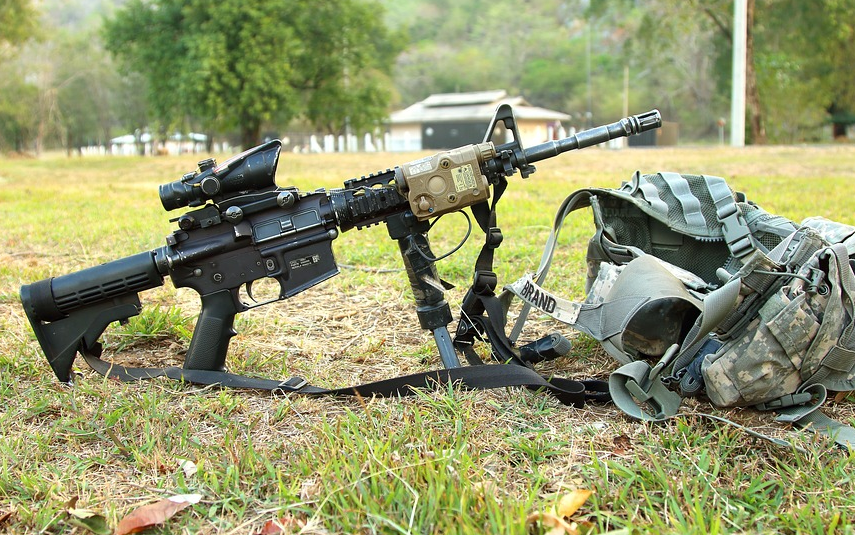 Magnification is among the essential factors that will help you find the ideal scope for your rifle. Magnification is what makes a scope useful when mounted on a gun. You can shoot a target that is far from you using a scope with great magnification.
Magnification is among the essential factors that will help you find the ideal scope for your rifle. Magnification is what makes a scope useful when mounted on a gun. You can shoot a target that is far from you using a scope with great magnification.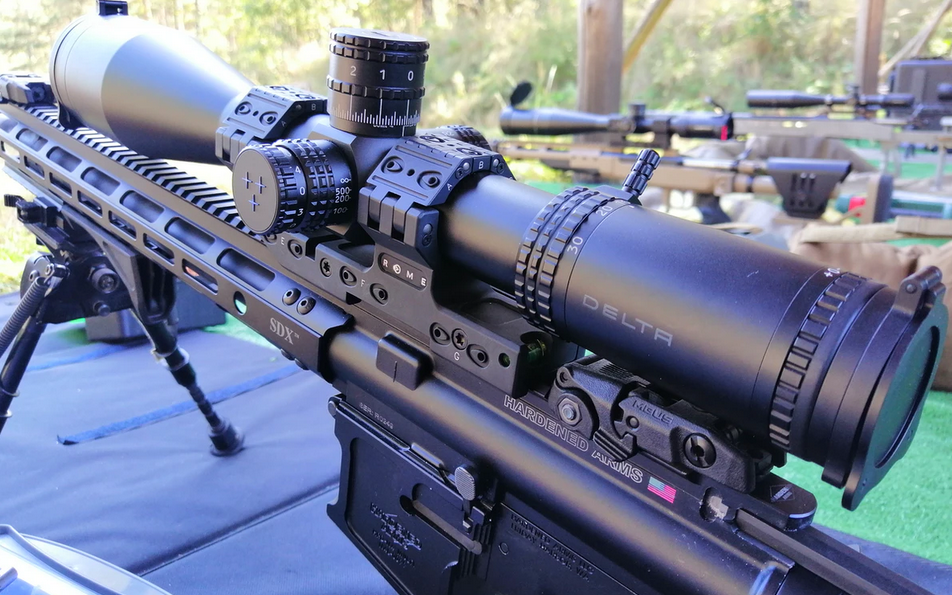 Apart from image quality and magnification, it is essential to consider the weight of a rifle scope. Weight is a factor that those who are inexperienced may not consider when purchasing a rifle scope.
Apart from image quality and magnification, it is essential to consider the weight of a rifle scope. Weight is a factor that those who are inexperienced may not consider when purchasing a rifle scope.



 When buying most things, it is essential to consider the amount of money you will use. When purchasing CBD products, you need to consider the price of each product. One of the many benefits of shopping online is that you can get the best deals.
When buying most things, it is essential to consider the amount of money you will use. When purchasing CBD products, you need to consider the price of each product. One of the many benefits of shopping online is that you can get the best deals. You must check if a CBD pet product is organic or not. Organic products have many health benefits and few adverse effects. Make sure you are buying from a retailer who is selling CBD products that are organic.
You must check if a CBD pet product is organic or not. Organic products have many health benefits and few adverse effects. Make sure you are buying from a retailer who is selling CBD products that are organic. You need to know the ingredients in a CBD pet product before giving it to your dog. The manufacture of a given product should provide third-party lab results showing the amount of CBD in a product. This will be crucial in ensuring that a product has no THC and has the right amount of CBD.
You need to know the ingredients in a CBD pet product before giving it to your dog. The manufacture of a given product should provide third-party lab results showing the amount of CBD in a product. This will be crucial in ensuring that a product has no THC and has the right amount of CBD.
 It is crucial to understand that some dogs develop problems such as hip dysplasia and arthritis. Due to this reason, it is imperative to offer your senior pet a comfortable bed to provide relief from all types of pain caused by age-related issues. A nice bed will provide support for the joints of newly born pets, and at the same time, they cushion their bodies, which helps them stay asleep all night. Therefore, if you want to keep your pets healthy, make sure you use dog beds.
It is crucial to understand that some dogs develop problems such as hip dysplasia and arthritis. Due to this reason, it is imperative to offer your senior pet a comfortable bed to provide relief from all types of pain caused by age-related issues. A nice bed will provide support for the joints of newly born pets, and at the same time, they cushion their bodies, which helps them stay asleep all night. Therefore, if you want to keep your pets healthy, make sure you use dog beds.
 If you have experienced this already, you must have learned your lessons. If not, then you may go through this misfortune in the future if you are not cautious. Gifts give a lot of joy to those who receive them. Do not let them feel you have forgotten about them this Christmas. Make sure that your gifts will reach them in time for Xmas.
If you have experienced this already, you must have learned your lessons. If not, then you may go through this misfortune in the future if you are not cautious. Gifts give a lot of joy to those who receive them. Do not let them feel you have forgotten about them this Christmas. Make sure that your gifts will reach them in time for Xmas.  Some may not find this admirable, but if there is not much time before Xmas, then there may be no way your package will reach your loved ones. Sending money nowadays can only take a minute or so if you use a bank transfer. Calling them and telling them your Christmas wishes for them will also elicit so much admiration.
Some may not find this admirable, but if there is not much time before Xmas, then there may be no way your package will reach your loved ones. Sending money nowadays can only take a minute or so if you use a bank transfer. Calling them and telling them your Christmas wishes for them will also elicit so much admiration. 



 Always try remembering this rule: Buy your products from a retailer that you trust or one with a good reputation. You don’t want your recreational ventures to be something you regret. Buying a cigar at a physical outlet is straightforward. You also have the convince of asking the retailer for help in picking a brand that will suit you. However, if you plan on
Always try remembering this rule: Buy your products from a retailer that you trust or one with a good reputation. You don’t want your recreational ventures to be something you regret. Buying a cigar at a physical outlet is straightforward. You also have the convince of asking the retailer for help in picking a brand that will suit you. However, if you plan on 



 One of the safe ways you can transport a vessel is by ensuring that the yacht you choose for your transportation services provides voyage insurance. With this type of coverage, know that you will remain protected in case anything goes wrong. Therefore, avoid transporting your vessels with a transportation company that does not provide this type of insurance.
One of the safe ways you can transport a vessel is by ensuring that the yacht you choose for your transportation services provides voyage insurance. With this type of coverage, know that you will remain protected in case anything goes wrong. Therefore, avoid transporting your vessels with a transportation company that does not provide this type of insurance. One thing that you will love about a self-storage facility is the security features. You can be sure that your items will be safe. In case you are not sure about the security in your home or warehouse, move the items to a self-storage facility.
One thing that you will love about a self-storage facility is the security features. You can be sure that your items will be safe. In case you are not sure about the security in your home or warehouse, move the items to a self-storage facility.
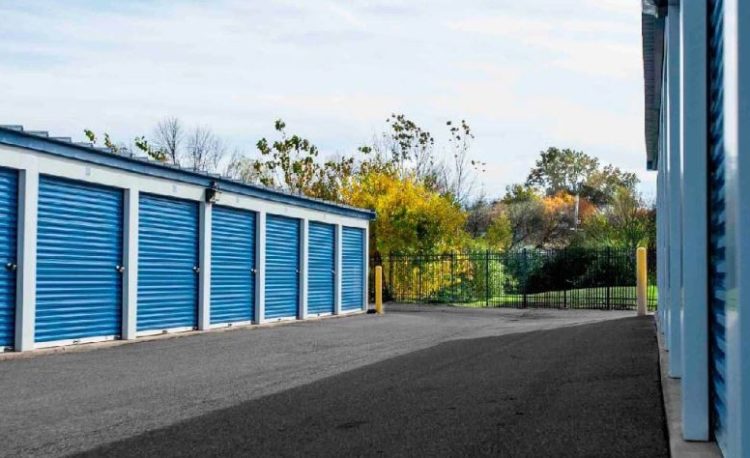
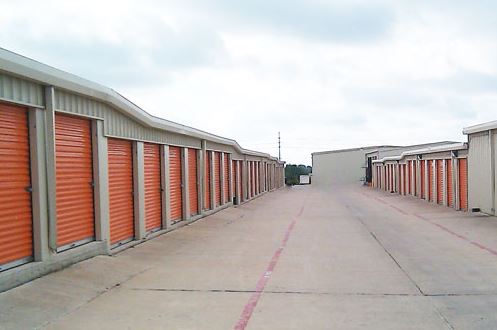 matters a lot. Get to know their history to establish whether there have been any cases of loss of items. It is common when you decide to store your items with specific companies. Digging deeper to know the reputation will reduce the chances of losing your items.
matters a lot. Get to know their history to establish whether there have been any cases of loss of items. It is common when you decide to store your items with specific companies. Digging deeper to know the reputation will reduce the chances of losing your items.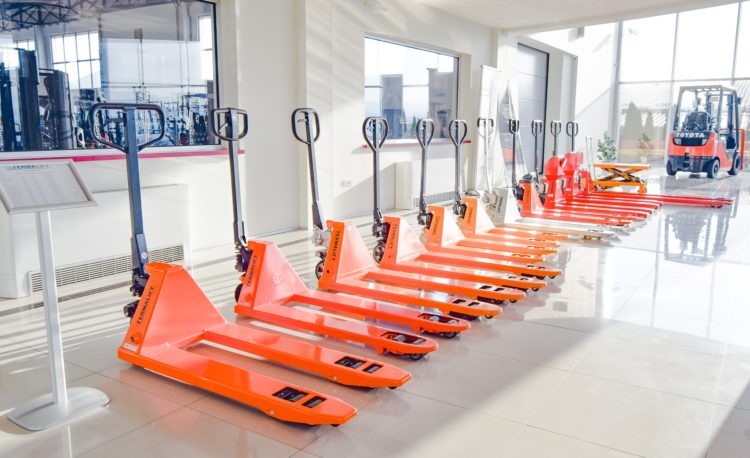
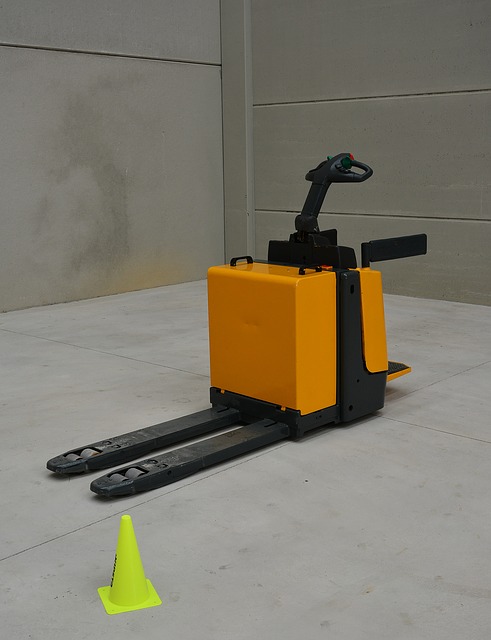 Manually Operated Vs. Electric-Powered
Manually Operated Vs. Electric-Powered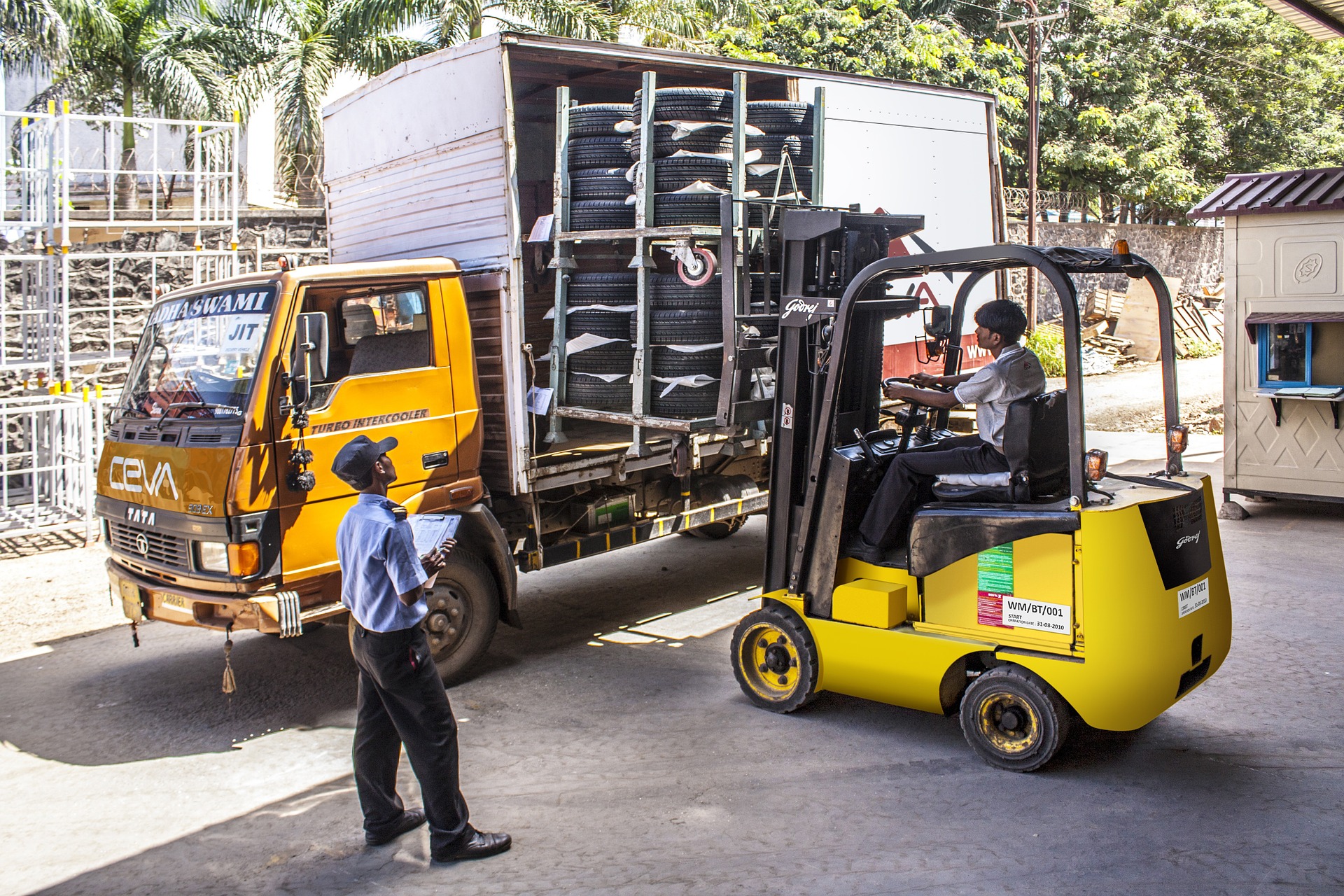


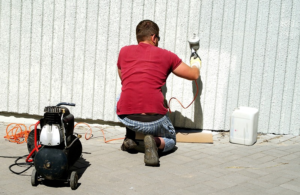 Since most of us are only after the benefits when shopping for all products, we can as well dig in and find out more. Rather than settling for just the ordinary benefits, get to find out what else lies in store for you when you buy paint sprayers. One of the benefits that we are all aware of is that of saving time. A paint sprayer is very fast especially when it lands in the hands of a certified paint expert. Another great benefit that you would not want to pass you by is that of effectiveness. It reaches the corners even better than a paint brush.
Since most of us are only after the benefits when shopping for all products, we can as well dig in and find out more. Rather than settling for just the ordinary benefits, get to find out what else lies in store for you when you buy paint sprayers. One of the benefits that we are all aware of is that of saving time. A paint sprayer is very fast especially when it lands in the hands of a certified paint expert. Another great benefit that you would not want to pass you by is that of effectiveness. It reaches the corners even better than a paint brush.


 you for an extended period. It is a hard material that cannot wear out quickly. The chances of it getting torn are very minimal. Your leather wallet will serve you for many years. Others made using non-woven materials will get damaged very fast. You should look for purses that are made using genuine leather.
you for an extended period. It is a hard material that cannot wear out quickly. The chances of it getting torn are very minimal. Your leather wallet will serve you for many years. Others made using non-woven materials will get damaged very fast. You should look for purses that are made using genuine leather.
 Pack fabrics is also another crucial thing you should be aware of before going to the market. Also, polyesters and nylon are also the best materials that make quality backpacks. Therefore, you should consider buying a pack that is deeper and one that has quality materials.
Pack fabrics is also another crucial thing you should be aware of before going to the market. Also, polyesters and nylon are also the best materials that make quality backpacks. Therefore, you should consider buying a pack that is deeper and one that has quality materials.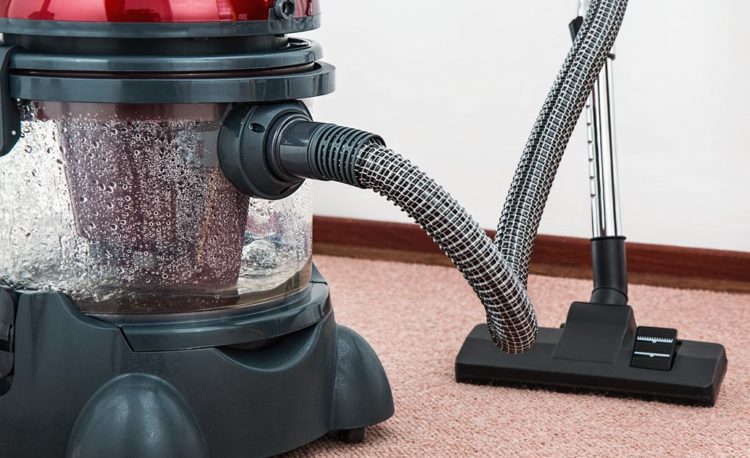

 After a long day at work, all you need is to soak in your tub as you unwind your long and tiresome day. The last thing you need is another job of setting up your bathtub. Bath bombs are easy to use and require no effort at all. All you will need to do is to draw your warm bath water and then drop your bath bomb into your bath water. You won’t need to measure anything.
After a long day at work, all you need is to soak in your tub as you unwind your long and tiresome day. The last thing you need is another job of setting up your bathtub. Bath bombs are easy to use and require no effort at all. All you will need to do is to draw your warm bath water and then drop your bath bomb into your bath water. You won’t need to measure anything.
 Despite having a great business idea sometimes, it’s hard to make it come true as opening a business is not as easy as you think it would. When there are a particular category or problem that you can’t solve in your business, consider consulting to a professional like a business consultant or a lawyer that specializes in the business industry.
Despite having a great business idea sometimes, it’s hard to make it come true as opening a business is not as easy as you think it would. When there are a particular category or problem that you can’t solve in your business, consider consulting to a professional like a business consultant or a lawyer that specializes in the business industry. There’s never any harm done when you’re doing a lot of research for your business. If you don’t know where to start, there are some questions that you can ask yourself about your business. Start with specifying what kind of business that you want is it product or service based? How are you going to promote your business, is it more towards offline marketing or online marketing? Are there any competitors, and if there are what differs you from your competitors? By doing a lot of research, it can fortify your business from any blunders you might’ve missed.
There’s never any harm done when you’re doing a lot of research for your business. If you don’t know where to start, there are some questions that you can ask yourself about your business. Start with specifying what kind of business that you want is it product or service based? How are you going to promote your business, is it more towards offline marketing or online marketing? Are there any competitors, and if there are what differs you from your competitors? By doing a lot of research, it can fortify your business from any blunders you might’ve missed.
 To make a perfect impression, the first thing to avoid is purchasing an ordinary handbag. And for it to be the ideal gift, you need to buy a bag from known brands. Remember, women are always conscious of what they carry, and a bag from an excellent brand usually takes their breath away. Brands represent class and quality. Therefore, on top of your checklist, the handbag you will purchase for your lady should be from a top brand.
To make a perfect impression, the first thing to avoid is purchasing an ordinary handbag. And for it to be the ideal gift, you need to buy a bag from known brands. Remember, women are always conscious of what they carry, and a bag from an excellent brand usually takes their breath away. Brands represent class and quality. Therefore, on top of your checklist, the handbag you will purchase for your lady should be from a top brand. When it comes to size, you should not be worried about not finding the perfect size. And this is because big brands never run short of sizes. However, you should try and find out the ideal size that matches your girl’s preference. Knowing a perfect size can be a little tricky especially if this is your first gift to her. A little advice if you are not sure about the size, you should play it safe and get a medium size handbag.
When it comes to size, you should not be worried about not finding the perfect size. And this is because big brands never run short of sizes. However, you should try and find out the ideal size that matches your girl’s preference. Knowing a perfect size can be a little tricky especially if this is your first gift to her. A little advice if you are not sure about the size, you should play it safe and get a medium size handbag.
 Some people especially those who have never been to a golf field might be wondering what this is. Well, a golf finder is a device which looks like a telescope, and it is used to determine the distance of an object. They are available in different designs in the way they gauge the distance. In this case, the distance of the golf ball.
Some people especially those who have never been to a golf field might be wondering what this is. Well, a golf finder is a device which looks like a telescope, and it is used to determine the distance of an object. They are available in different designs in the way they gauge the distance. In this case, the distance of the golf ball. To answer this question, I will ask you two questions, how and where do you play? Both types, laser, and GPS have different magnification abilities. When making your selection, have at the back of your mind your location and style of play. If you cannot decide on your own, consult experienced players, and they will help you choose the most comfortable.…
To answer this question, I will ask you two questions, how and where do you play? Both types, laser, and GPS have different magnification abilities. When making your selection, have at the back of your mind your location and style of play. If you cannot decide on your own, consult experienced players, and they will help you choose the most comfortable.…



 Buy your online chocolate inconvenient. This is because you will not have to move from one place to another in search of your favorite chocolate. Here, your task is to sit behind your computer and place an order. Once you do that, you will have to wait for a few minutes, and your favorite chocolates will be delivered to your doorstep by chocolate couverture. What this, therefore, tells you is that you will not have to experience delays that are normally brought by long queue.
Buy your online chocolate inconvenient. This is because you will not have to move from one place to another in search of your favorite chocolate. Here, your task is to sit behind your computer and place an order. Once you do that, you will have to wait for a few minutes, and your favorite chocolates will be delivered to your doorstep by chocolate couverture. What this, therefore, tells you is that you will not have to experience delays that are normally brought by long queue. Buying online reduces the amount of money that you would have spent in the entire process of getting your chocolate. First, you save time as you do not have to wait for the long queues in most of the physical outlets that might be around your place. Also, for you to buy online, you online to have access to the stable internet. You can use either your smartphone or your computer to order for your chocolate, and it will be delivered to your doorstep within the shortest period possible.…
Buying online reduces the amount of money that you would have spent in the entire process of getting your chocolate. First, you save time as you do not have to wait for the long queues in most of the physical outlets that might be around your place. Also, for you to buy online, you online to have access to the stable internet. You can use either your smartphone or your computer to order for your chocolate, and it will be delivered to your doorstep within the shortest period possible.…
 This is a type of litter which forms a hard clump or piece whenever it gets into contact with moisture. You can scoop the clumps for disposal. This will leave the remaining part undisturbed. You can add fresh litter to the box to replace whatever was removed. Although this particular type of litter is quite convenient, it is likely to cause issues when it is ingested by your cat. This is because moisture makes it clump together. You should note that clumping litter is available in unscented varieties, scented, non-tracking, and flushable.
This is a type of litter which forms a hard clump or piece whenever it gets into contact with moisture. You can scoop the clumps for disposal. This will leave the remaining part undisturbed. You can add fresh litter to the box to replace whatever was removed. Although this particular type of litter is quite convenient, it is likely to cause issues when it is ingested by your cat. This is because moisture makes it clump together. You should note that clumping litter is available in unscented varieties, scented, non-tracking, and flushable.


 During the winter one may end up being caught in the snow. Under this instance, one should stay in their car until help arrives. The car heater can be run to make you stay warm. This is the reason why you should have enough fuel to cater for such an emergency. The heating can be done ten minutes after every hour.…
During the winter one may end up being caught in the snow. Under this instance, one should stay in their car until help arrives. The car heater can be run to make you stay warm. This is the reason why you should have enough fuel to cater for such an emergency. The heating can be done ten minutes after every hour.…

 One needs to have a budget range to guide them as they purchase the gift. This will help one stay within their limits as they look for a gift to buy. With many options of gifts, it is wise that one has a budget to guide them. When it comes to gifts, it is the thought that counts.
One needs to have a budget range to guide them as they purchase the gift. This will help one stay within their limits as they look for a gift to buy. With many options of gifts, it is wise that one has a budget to guide them. When it comes to gifts, it is the thought that counts.